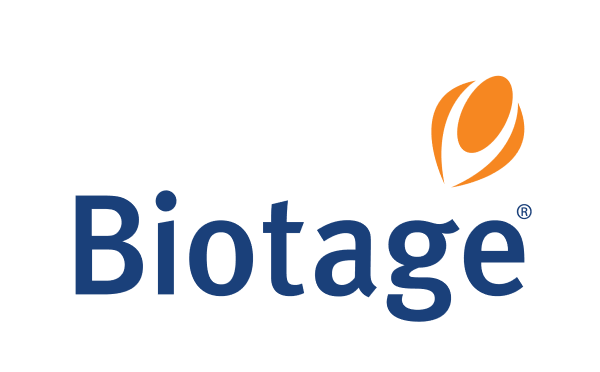Discover an informative webinar that presents strategies and highlights data that demonstrate the reduction of both solvents and reagents during solid-phase peptide synthesis, elimination of dimethylformamide (DMF) usage completely and how to leverage automation platforms to maintain or increase overall crude purity.
Twenty-five years ago, the twelve principles of Green Chemistry were first published, thus introducing guidelines that provide a framework to make chemistry-based research and manufacturing more environmentally friendly. With the passing of recent legislation restricting the use of common solid-phase peptide synthesis solvents (in alignment with the Green Chemistry guidelines), urgent changes to solid-phase peptide synthesis protocols are now required, not just recommended.
As a result, significant effort has been dedicated to evaluating new strategies for solid-phase peptide synthesis that are amenable to both research and manufacturing scale demands. The most critical aspect when updating established technologies is consistency.
Expectations are well established for what defines success in solid-phase peptide synthesis and new approaches must meet or exceed those expectations. Changes to the primary solvent, for example, have been demonstrated to have catastrophic effects on overall synthesis quality.
Register for this webinar today to explore innovative strategies for reducing solvent and reagent usage in solid-phase peptide synthesis while maintaining high-quality results.
Speaker

Elizabeth Denton, PhD, Market Segment Manager, Biotage®
Elizabeth Denton earned a BS in Chemistry from Arizona State University and went on to complete a PhD in Chemistry at Yale University under the supervision of Alanna Schepartz, identifying and evaluating peptides agonists of various proteins and signaling cascades.
She serves as the Regional Market Segment Manager at Biotage® where her role includes development of new tools and strategies to improve the delivery efficiency of peptides for downstream evaluation.
Who Should Attend?
This webinar will appeal to:
- Graduate students
- Post-doctoral fellows
- Research Associates
- Research Scientists
- Professors
- Lab Managers
- Those interested in peptide synthesis protocols and automation strategies
What You Will Learn
Attendees will learn about:
- Strategies to reduce significantly or eliminate DMF usage in automated solid-phase peptide synthesis
- Alternative deprotection conditions that improve overall atom economy
- How to leverage mechanics of automation platforms to drive synthesis success
Xtalks Partner
Biotage®
Biotage® is a Global Impact Tech Company committed to solving society’s problems. We offer workflow solutions and products to customers in drug discovery and development and diagnostics, analytical testing and water and environmental testing.
Biotage® is contributing to sustainable science with the goal to make the world healthier, greener and cleaner – HumanKind Unlimited.
Our customers span a broad range of market segments including pharmaceutical, biotech, diagnostic, contract research and contract manufacturers as well as clinical, forensic and academic laboratories in addition to organizations focused on food safety, clean water and environmental sustainability.
We offer workflow solutions and products to customers in Peptide Synthesis, Drug Discovery and Development, and Analytical Testing. Our range of tools increases speed and efficiency of all steps in the peptide synthesis workflow, while improving the quality of peptides synthesized.
You Must Login To Register for this Free Webinar
Already have an account? LOGIN HERE. If you don’t have an account you need to create a free account.
Create Account



